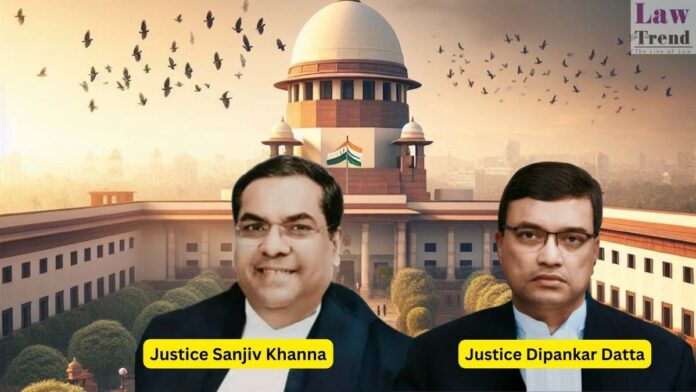In a landmark judgment, the Supreme Court of India has overturned a High Court decision in a protracted land dispute case involving multiple parties and complex legal proceedings. The case, which has its origins in a civil suit filed in 1953, has seen numerous twists and turns over the decades. The Supreme Court’s ruling has
To Read More Please Subscribe to VIP Membership for Unlimited Access to All the Articles, Download Available Copies of Judgments/Order, Acess to Central/State Bare Acts, Advertisement Free Content, Access to More than 4000 Legal Drafts( Readymade Editable Formats of Suits, Petitions, Writs, Legal Notices, Divorce Petitions, 138 Notices, Bail Applications etc.) in Hindi and English.




